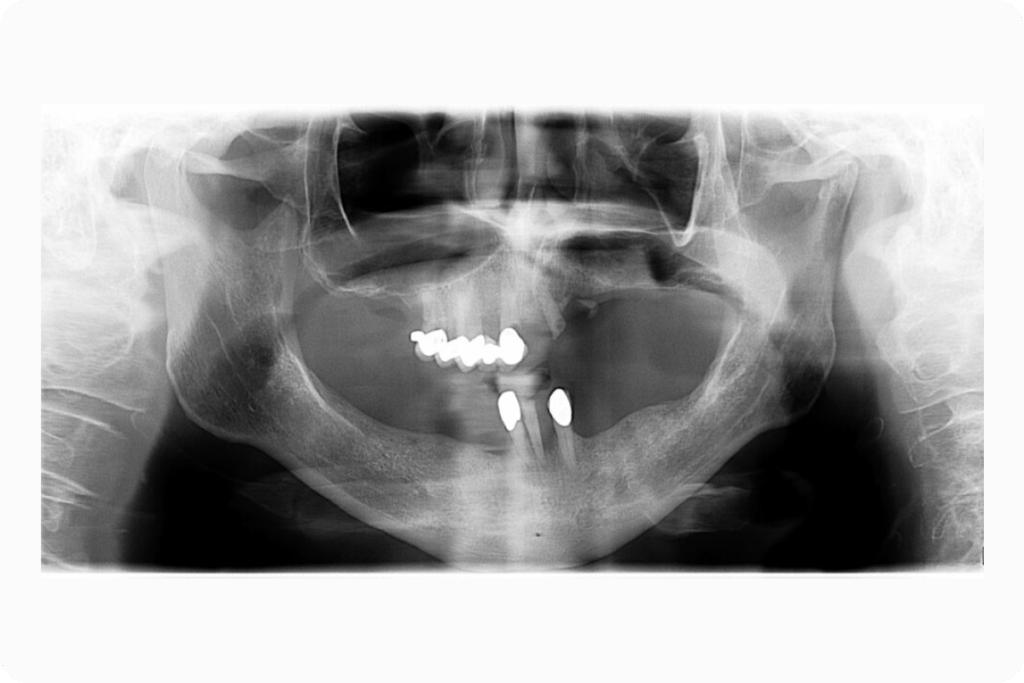A common concern dental implant patients have is: “Do I have enough bone for dental implants?” If you’ve worn dentures for many years, lost teeth a long time ago, or struggled with gum disease, you may wonder whether implants are possible for you.
At Teeth In 24™ with Dr. Heath Lampee in Portland, dental implants for bone loss patients are possible. Even if you’ve been told elsewhere that you don’t have enough bone, today’s advanced implant methods make it possible to restore a complete, confident smile.




Dental implants need a strong foundation. Traditionally, this support comes from your jawbone. When teeth are missing, however, the bone naturally begins to shrink away over time, a process called bone resorption. This can make patients think implants aren’t possible.
But, thanks to modern implant techniques, bone loss doesn’t have to be the end of the story. We can anchor implants into stronger areas of bone, eliminating the need for complicated grafting procedures in many cases.
Bone loss often develops slowly. Some common signs include:
If any of these sound familiar, you’re not alone, and it doesn’t mean implants aren’t possible.



Dr. Lampee offers several proven solutions designed specifically for patients with bone loss. These include:
By combining these techniques, we can give patients who once thought implants were “impossible” a secure, natural-looking smile.
Dr. Heath Lampee is a recognized leader in advanced dental implant care. As the first and only Diplomate of the American Board of Oral Implantology/Implant Dentistry in Beaverton, Oregon, he has helped countless patients who were told they didn’t have enough bone for implants.
With advanced 3D imaging, precision planning, and an in-house digital lab, Dr. Lampee routinely provides full mouth implants in as little as one day — even for patients with severe bone loss.


Bone loss worsens over time. By addressing it now, you may be able to avoid more complicated surgeries later. A consultation with Dr. Lampee can determine the best approach to give you a permanent, stable smile.